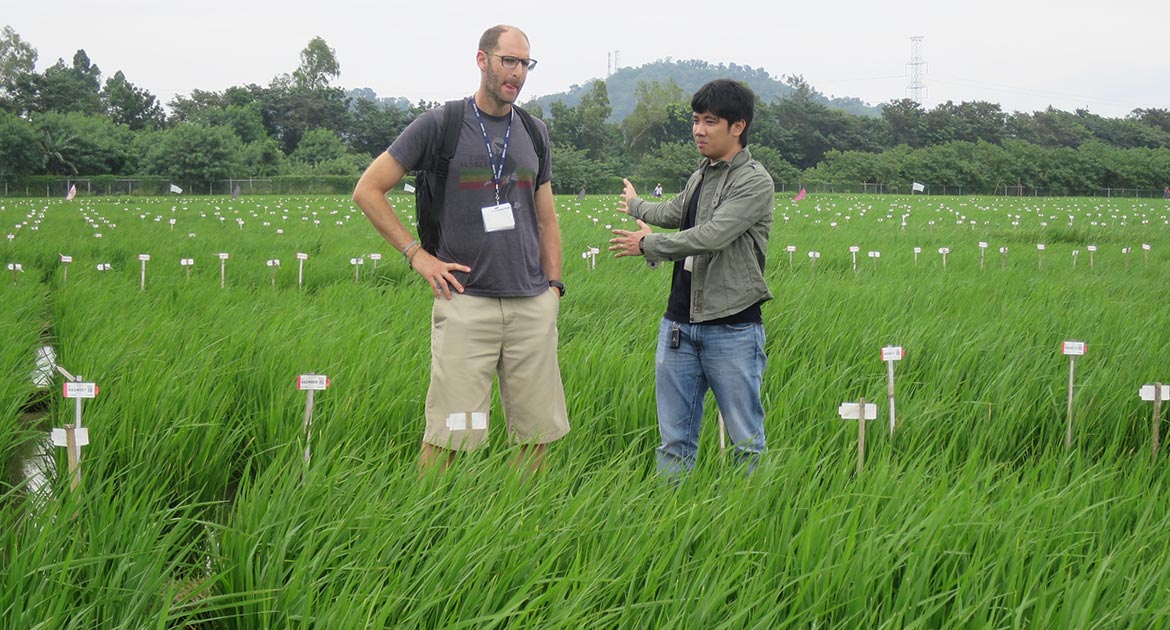
MSI Grants: PhD Sandwich Scholarship Program

MSI Fellowship Expands Eligibility to Include Local University Students
The MSI Fellowship is now open to PhD and MS students enrolled in local universities in the Philippines, Bangladesh, India, Nepal, Mozambique, Tanzania and Kenya and MSIs. This prestigious program offers a unique opportunity to work closely with leading researchers at the International Rice Research Institute (IRRI) and gain invaluable hands-on experience in rice science research.
Fellows will have the chance to contribute to groundbreaking research on critical issues related to rice production and sustainability. Presently there is one available slot for an MSI PhD student and two (2) slots for local universities (one MS (one year) and one PhD (1.5 years)). Qualified students from MSI universities in the US and local universities in the Philippines, Bangladesh, India, Nepal, Mozambique, Tanzania and Kenya are encouraged to apply.
All scholars will receive mentorship from IRRI scientists and university supervisors, and their research will have a global impact by addressing the needs of farmers and advancing knowledge in the field of rice science.
- have gained admission to an approved course in an MSI or a local university in the Philippines, Bangladesh, India, Nepal, Mozambique, Tanzania and Kenya
- For PhD applicants: have completed all Ph.D. coursework requirements or be enrolled in a Ph.D. program and be able to complete the remaining coursework and thesis within 1.5 years
- For MS applicants: have gained admission to an approved MS program and be able to complete the program within 12 months
- be involved in the field of rice science and related systems research
- be willing to work on any of the identified areas for the Ph.D. or MS research
- If already enrolled and applying for a sandwich program, be endorsed by his or her university supervisor
- possess adequate proficiency in the English language
- not be more than 35 years old at the time of application.
- Each scholarship covers airfare roundtrips and travel expenses, stipends, medical and accident insurance, laptop computer allowance, and research support. In special cases where additional training is deemed necessary, expenditures incurred to improve language proficiency and computer literacy may be covered under the scholarship.
- Deadline of applications: December 15, 2024
- Click here to apply!
Available Research Areas
Please refer to the table below for the available research topics and the respective IRRI supervising scientists. Presently there is one available slot for an MSI PhD student and two (2) slots for local universities (one MS (one year) and one PhD (1.5 years)). Qualified students from MSI universities in the US and local universities in the Philippines, Bangladesh, India, Nepal, Mozambique, Tanzania and Kenya are encouraged to apply.

